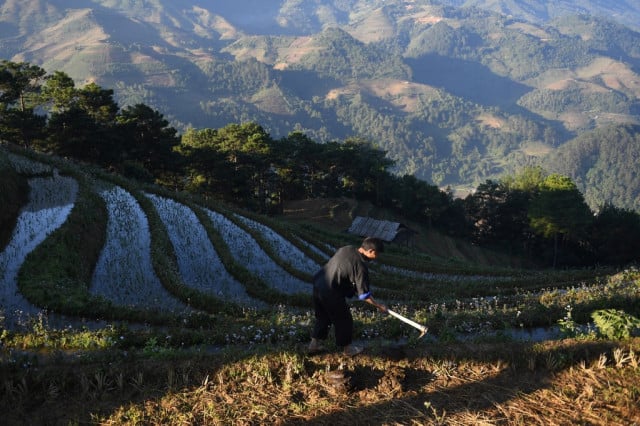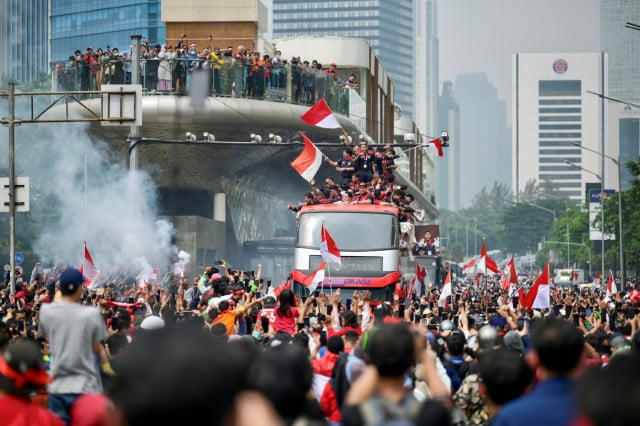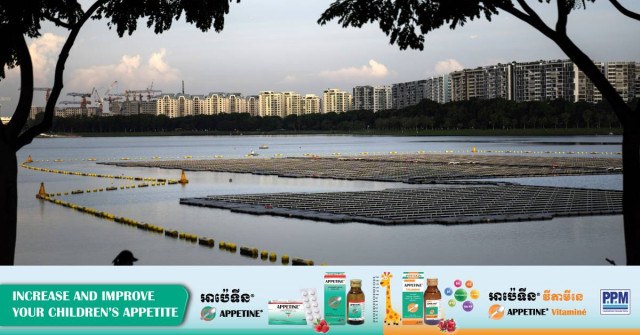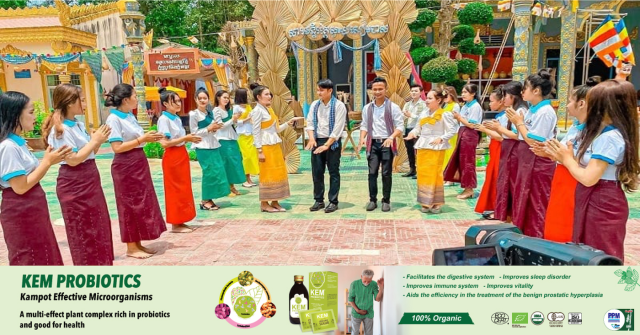Vietnam's spectacular terraced ricefields wait for tourists

- By Agence France-Presse (AFP)
- December 2, 2021 11:34 AM
Yên Bái, Vietnam | As the morning sun finds its way through the mist over Vietnam's terraced rice fields, local farmers lead buffalo into the paddies and pass another day without tourists in their hilly homeland.
Located 300 km (around 190 miles) northwest of Hanoi, Mu Cang Chai district in northern Yen Bai province had become a hit with foreign and local tourists alike before the coronavirus pandemic.
The spectacular terraces -- which lie up to 1,000 metres above sea level -- mostly belong to the Hmong, a minority group who make up most of the area's population.
The Hmong women once rented their colourful traditional costumes to visitors, while men earned up to $30 a day driving them up tiny muddy paths through the hills.
The paddy fields are particularly beautiful in September and October, when the crops turn a shiny yellow.
"We used to get huge numbers of tourists," farmer Lo Thi Loan told AFP.
"But this year all the rice fields are empty... due to virus movement restrictions."
"It's our only desire now that the virus is gone and we can resume our normal life," she added.
Vietnam has recently started to open its doors to the outside world, and some international visitors arrived earlier this month on the island resort of Phu Quoc and in other tourist areas further south.
But it is not clear when the country will fully open, as it continues to battle a serious outbreak of Covid-19.
© Agence France-Presse















